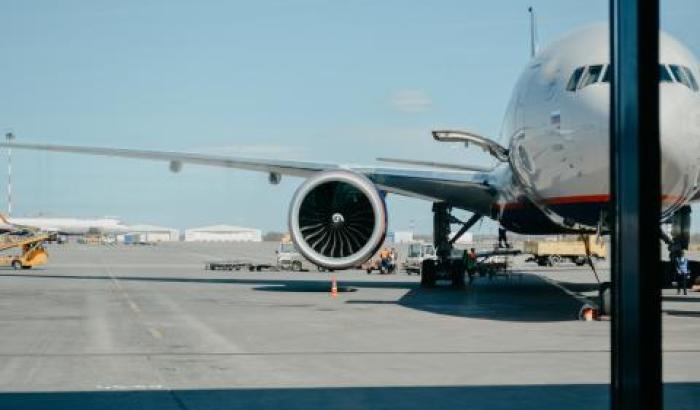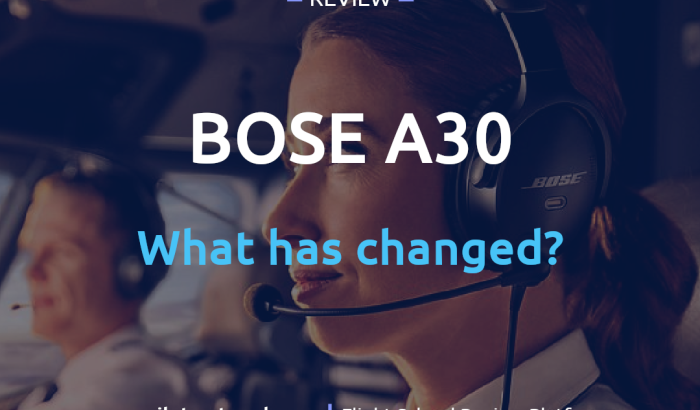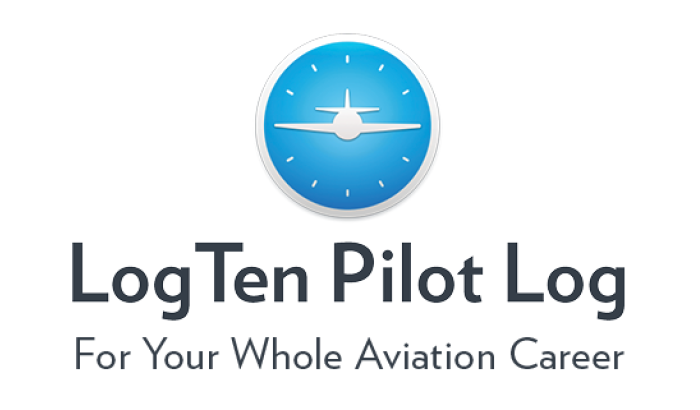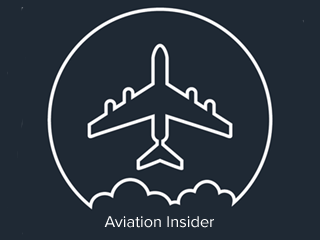
A question most commonly asked by aspiring pilots, who are still in full time education, is “Do I need to go to school to become a Pilot?”. It may seem a silly question, but as we know in the aviation industry, there is no such thing. This article will explore the answers to this question and hopefully provide some clarification.
For the sake of clarity, the reference to “college level” in this article means the education which comes between high school and university, not college in the American sense).
What does my Aviation Authority say?
Currently there is no requirement from the part of the UK CAA or EASA to have specific high school or college qualifications in order to commence or complete pilot training in order to obtain an airline pilot licence. The only requirements are; to be in possession of a valid medical - under your chosen authority, along with the successful completion of the theoretical knowledge and practical flying hours at a designated or approved training organisation. There are however age limits to enroll on certain training courses and so this will have to be taken into consideration, as you may not be able to leave high school and enroll straight onto a full time training course. As long as you meet the age requirements in this case, then your authority shouldn’t pose an issue - these can be found on both our Pilot Network course advice guides as well as from the websites of your issuing authority.
What does my Flight School say?
Now, depending on which flight school it is, some may put into place entry requirements in order to enroll on a training course. Flight training can be grouped into 3 categories: Modular, Integrated and MPL.
Most modular courses don’t ask for school qualifications to enroll, especially as you can start PPL training while still in high school. However, there are quite a few which do require minimum qualifications in order to train with them (usually high school equivalent), so you would need to enquire with your school which you can shortlist from our website. It is more common for integrated and MPL courses to impose entry requirements, usually high school equivalent as a minimum, with some possibly requiring college level qualifications as well. The usual minimum requirement is 5 GCSEs A-C in England, or equivalent in for other countries. Integrated training providers may ask that you hold college A-Levels (England) or equivalent as well, as the age requirement is 18 to study on an integrated course, by which time you would’ve completed your college exams. Again, you would need to check with your shortlisted training providers.
What does my Airline say?
Once you have a valid flying licence and meet the hour requirements, airlines don’t usually impose school qualification requirements to apply to work for them, just a valid medical, licence, flying hours and English level. However, if you are a fresh cadet straight out of flight training, or applying to an airline sponsored training scheme from the start, things may be different. There are some airlines that require a minimum of college level education with minimum grade C across all subjects, in order to apply to them as a cadet fresh out of training. Each airline will list their criteria for application on their website so please take a look at them.
Are there any specific subjects I need?
No specific subjects are required, but it is recommended that you choose at least one core subject at college level (A-Levels) such as; Maths, Physics, Chemistry, Biology, English, Geography. This can also serve as a baseline for your pilot training, as the theoretical knowledge phase is heavily maths and science based i.e. Physics will give you a basic understanding to help you study principles of flight and aircraft general knowledge.
In high school (GCSEs), the state usually mandates certain subjects, such as English, Maths and sciences are studied. You then have an option as to additional subjects which you can take. Geography is a good subject to choose as it will help when studying global weather systems during flight training and Design & Technology may help you to understand the mechanics of aircraft.
Try to aim for a minimum grade C across all subjects, but obviously aim as high as you can.
Airlines like to see well rounded individuals with a broad/diverse background,so the main point to take away is to choose subjects which you enjoy and perform as well as you can in them. Participating in extracurricular activities will go a long way in broadening your skills and experiences too, so it is important to find ones you enjoy and join them.. Outside of school time you can join clubs such as the air cadets and gliding societies etc which will no doubt help you with your aviation career prospects.
What does my future say?
It is strongly advised to complete your school education to as good a standard as you can, to at least University level to cover all bases and prevent any shortfalls in entry requirements. Not only will this provide you with a stable base of knowledge, skills and experience that compulsory education brings, but it will also serve as a backup in case your flying career doesn’t take off or go to plan. Also keep in mind that most people applying to airlines will have a minimum of college level education, so if there is a high level of competition, this may be a deciding factor, so put your best foot forward.
In most cases you will be able to study your PPL alongside your schooling, if you choose modular, or if going via the integrated route, the timing will nicely coincide between finishing college and starting your flight training, as cadet programmes usually have a minimum age requirement of 18.
For further information on how to become a pilot, please visit www.pilot-network.com and use our various tools to help you in your decision making, including our extensive database of flight schools and reviews.
Thank you for reading.
The Pilot Network Team










